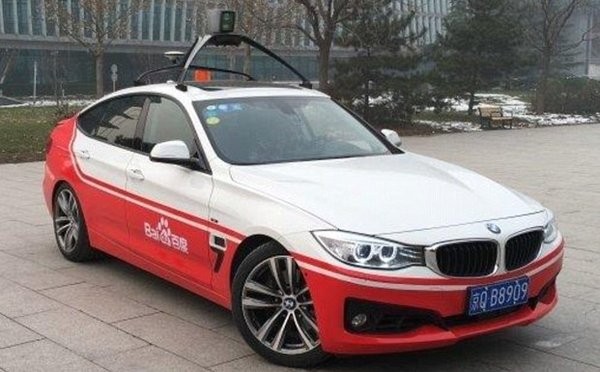Major Chinese Internet company Baidu is expected to go head to head with Google and Uber as it is set to test its self-driving cars in the United States later this year.
Baidu's chief scientist Andrew Ng made the announcement on Feb. 15. According to Ng, the upcoming test would be a big step forward in the company's efforts to develop its own autonomous cars, The Wall Street Journal reported.
Ng also called on the company's research center in Silicon Valley to provide more resources for the research. The researcher serves as the current head of the 160-man team working at the center in California, some of whom are involved in the self-driving car project.
Ng has previously worked under Google and is also currently an assistant professor at Stanford University, where he conducted research on artificial intelligence and helped develop the open-source Robot Operating System used in multiple robotics projects around the world.
The Chinese Internet giant first announced the project in 2014. In 2015, the company completed the first driverless test of its prototype in China. Baidu hopes to field its fleet of autonomous shuttles in a limited run in China by 2018.
Meanwhile, the company joined other companies developing self-driving cars like Google and Uber in calling for the U.S. government to take a more decisive action in drafting regulations for such vehicles. The call came ahead of the U.S. Senate's hearing on the matter, The Hill reported.
The companies expressed their worry that lawmakers would not come to a common ground when it comes to autonomous vehicles, resulting in too many differing laws from state to state.
The Obama Administration has earlier tasked the Department of Transportation to draft a model policy that lawmakers and state regulators can use as the basis for their own policies on self-driving vehicles.



























